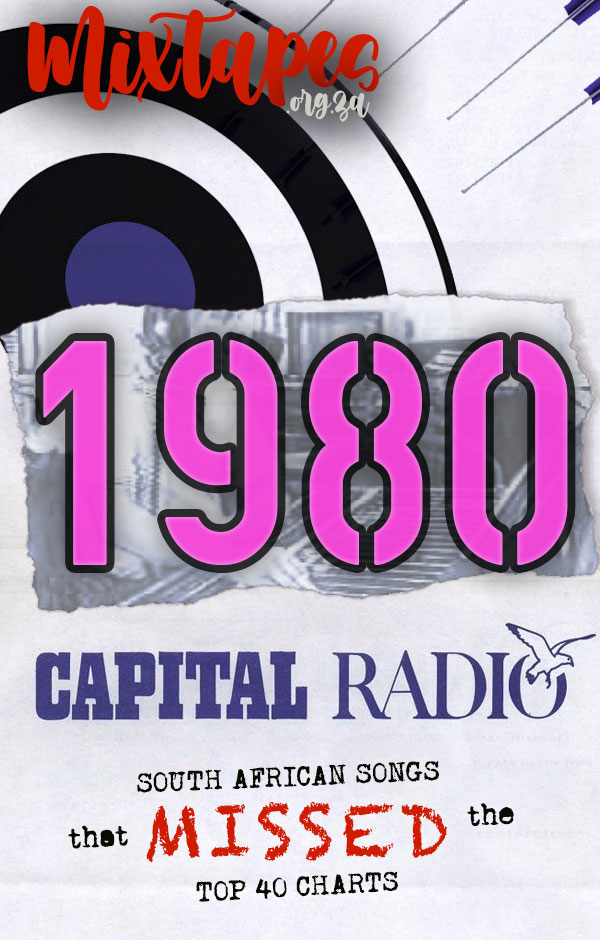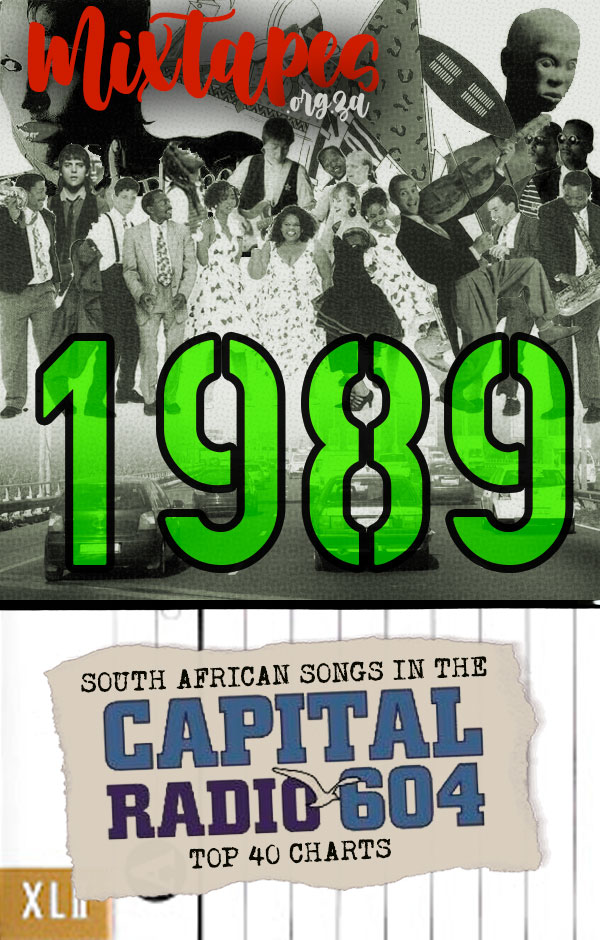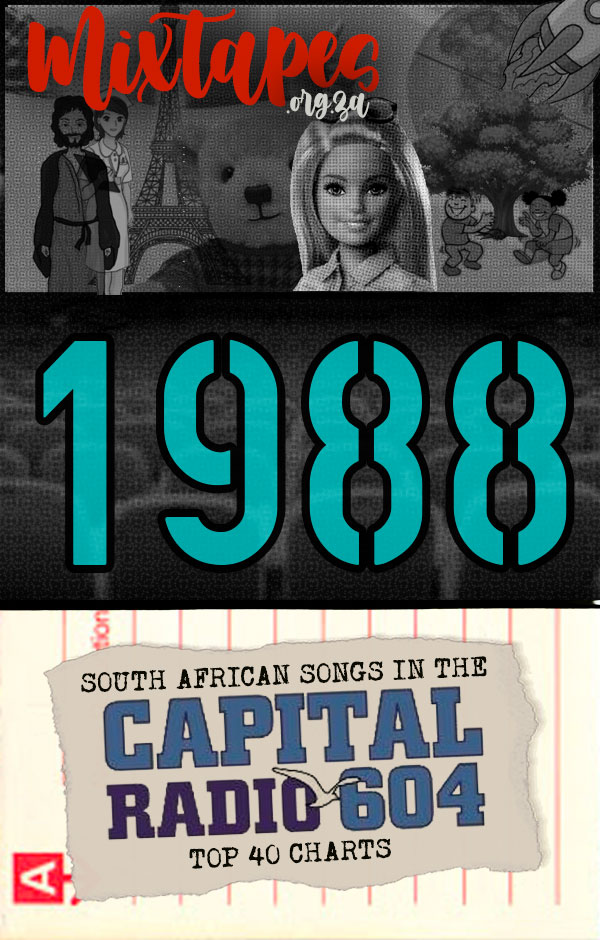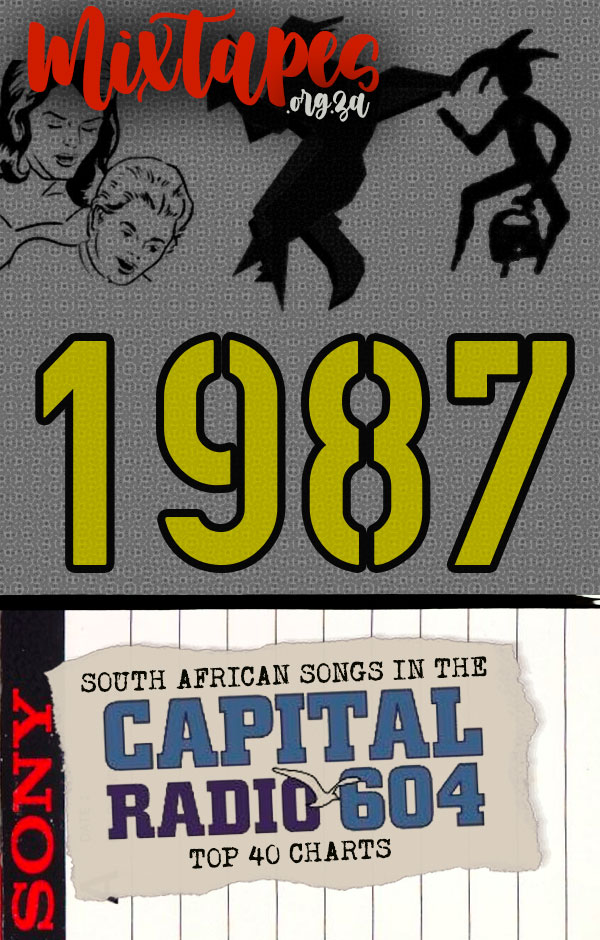
As we researched and then listened to the South African music that charted on Capital Radio throughout the 1980s we were surprised at how many good South African songs did not make the station’s Top 40. We were also surprised at how few actually made the charts at all: there were years when there was on average less than one South African song per month on the charts. So our thoughts turned to a second season of mixtapes in which we offer up playlists for each year which feature songs that we think should have made the Top 40 countdown but which did not do so. This exercise is partly critical of the music management at Capital Radio: those people who decided on what music should make the weekly Top 40 Countdown, but the issue is much broader than that: sometimes musicians recorded demos but record companies were not interested in signing them, other times record companies did not market music as well as they could have done, or perhaps they didn’t release songs as singles which had the potential to be popular amongst listeners.
To be fair, several songs on this ‘Missed the charts’ mixtape were play-listed on Capital but did not make it to the Top 40: the sounds of Baxtop, Dog (later Dog Detachment), Falling Mirror, Roger Lucey, Ramsay MacKay & the Bushveld Pygmies, Letta Mbulu, Colin Shamley and Wild Youth all drifted out of the Port St Johns studio back in 1980 (although not very often). And Harari and Juluka did do very well on the countdown charts in 1980 but with only one song each. We think those songs should have been followed-up on the charts with the songs we feature here.
Also included on this mixtape are songs by musicians who, like Letta Mbulu, were living in exile at the time: Miriam Makeba and Hugh Masekela, both of whom never made it to the Capital charts in the 1980s but who did release music worthy of any South African Top 40 chart. Local stalwarts Blondie And Papa and The Movers who both didn’t survive very long into the 1980s surprisingly also didn’t feature at all.
Fringe artists like Baxtop, Corporal Punishment, Dog, Falling Mirror, Roger Lucey, Ramsay MacKay, National Wake, Colin Shamley and Wild Youth desperately needed extended radio play to become known more widely than in the local areas where they performed and yet they did not receive that support. David Marks at Third Ear Music and Benjy Mudie at WEA were excited by what they were hearing and signed some of these musicians when nobody else would do so, but a record deal needed to be followed by radio play and then hopefully record sales and larger audiences at gigs and concerts. Unfortunately that did not happen and some of these bands imploded, without a viable musical future ahead of them. But in 1980 all the fringe musicians featured here were hopeful that they would get a break. There is an excitement and energy in the music, together with some poignant lyrics commenting on issues of the time. Sadly it wasn’t heard by a wide audience but nevertheless we are fortunate that it was written and recorded and that we can at least listen to it today …
Show Playlist + Poll–




